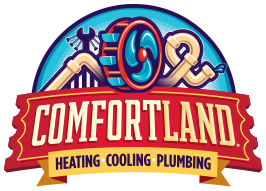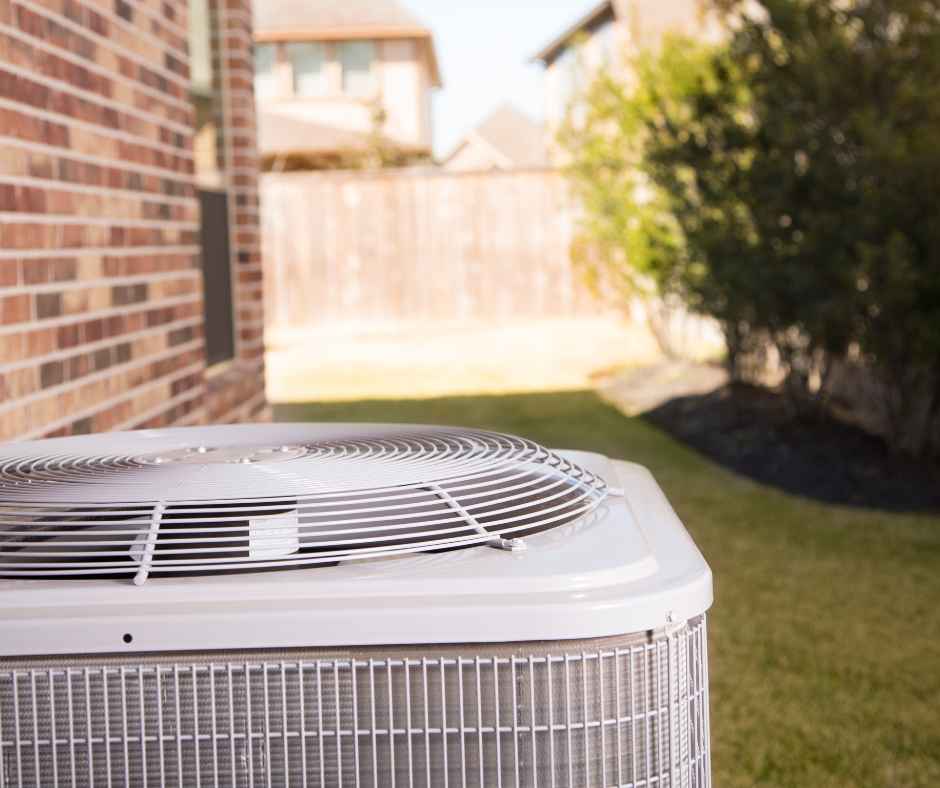
When it comes to choosing a new air conditioning unit, one of the most important factors to consider is the SEER rating. SEER, which stands for Seasonal Energy Efficiency Ratio, is a measure of an air conditioner’s energy efficiency. Understanding what SEER rating you need can help you make an informed decision, save on energy costs, and ensure your home stays comfortable throughout the year. In this blog, we’ll explore what SEER means, the importance of SEER ratings, and how to determine the best SEER rating for your home.
What Does SEER Mean?
SEER, or Seasonal Energy Efficiency Ratio, is a metric used to evaluate the efficiency of air conditioning units. It is calculated by dividing the cooling output of the unit over a typical cooling season by the total electric energy input during the same period. Essentially, the SEER rating indicates how efficiently an air conditioner can cool your home. The higher the SEER rating, the more efficient the unit is.
Why SEER Ratings Matter
Understanding SEER ratings is crucial for several reasons:
Energy Efficiency
A higher SEER rating means the air conditioner is more energy-efficient. This translates to lower energy bills, as the unit uses less electricity to cool your home. Investing in a high SEER rating unit can result in significant savings over the lifespan of the system.
Environmental Impact
Energy-efficient air conditioners reduce the demand for electricity, which in turn decreases the strain on power plants and reduces greenhouse gas emissions. Choosing a unit with a high SEER rating contributes to a more sustainable and environmentally friendly home.
Comfort and Performance
Air conditioners with higher SEER ratings often come with advanced features that enhance comfort and performance. These units can maintain a more consistent temperature, provide better humidity control, and operate more quietly.
What SEER Rating Do I Need?
Determining the appropriate SEER rating for your home depends on several factors, including your climate, budget, and energy efficiency goals. Here are some considerations to help you decide:
Climate
The climate in your region plays a significant role in determining the SEER rating you need. In hotter climates where air conditioners run for extended periods, a higher SEER rating can provide greater energy savings. Conversely, in milder climates, the energy savings from a higher SEER rating may be less pronounced, making a lower SEER unit more cost-effective.
Budget
Higher SEER rating units typically come with a higher upfront cost. While they offer greater energy savings over time, the initial investment may be a consideration for some homeowners. It’s essential to balance your budget with the long-term savings and benefits of a higher SEER rating.
Energy Efficiency Goals
If reducing energy consumption and minimizing your environmental footprint are priorities, investing in a high SEER rating unit is a wise choice. These units not only save on energy costs but also contribute to a more sustainable home.
Local Regulations and Incentives
Some regions have regulations or incentives that encourage the installation of high-efficiency air conditioners. Check with your local utility company or government agencies to see if there are rebates or tax credits available for units with higher SEER ratings.
SEER Rating Guidelines
The minimum SEER rating for air conditioners in the United States is 13, but many modern units offer much higher ratings. Here are some general guidelines to help you choose:
- 13-15 SEER: Basic efficiency units. Suitable for regions with mild climates or for homeowners on a tight budget.
- 16-18 SEER: Mid-range efficiency units. Offer a good balance of energy savings and upfront cost. Suitable for most climates.
- 19+ SEER: High-efficiency units. Ideal for hot climates or homeowners who prioritize energy efficiency and long-term savings. These units often come with advanced features and superior performance.
The Highest SEER Rating
While the highest SEER rating available on the market can vary, some ultra-high-efficiency units boast SEER ratings of 25 or higher. These units represent the pinnacle of energy efficiency and performance, but they also come with a premium price tag. Investing in the highest SEER rating unit is most beneficial for those living in extremely hot climates or those committed to maximizing energy savings and environmental benefits.
Call Comfort Land Today!
Choosing the right SEER rating for your air conditioner is a critical decision that impacts your home’s energy efficiency, comfort, and overall performance. By understanding what SEER means and considering factors such as climate, budget, and energy efficiency goals, you can make an informed choice that meets your needs.
At Comfort Land, we are committed to helping you find the perfect air conditioning solution for your home. Whether you’re looking for a basic efficiency unit or the highest SEER rating available, our team of experts is here to guide you through the process and ensure you make the best decision.
If you have any questions or need assistance in selecting the right air conditioner for your home, contact Comfort Land today. Our experienced technicians are ready to provide you with top-notch service and support for all your air conditioning needs. Let us help you achieve a comfortable and energy-efficient home with the right SEER rating for your air conditioner.
Recent News
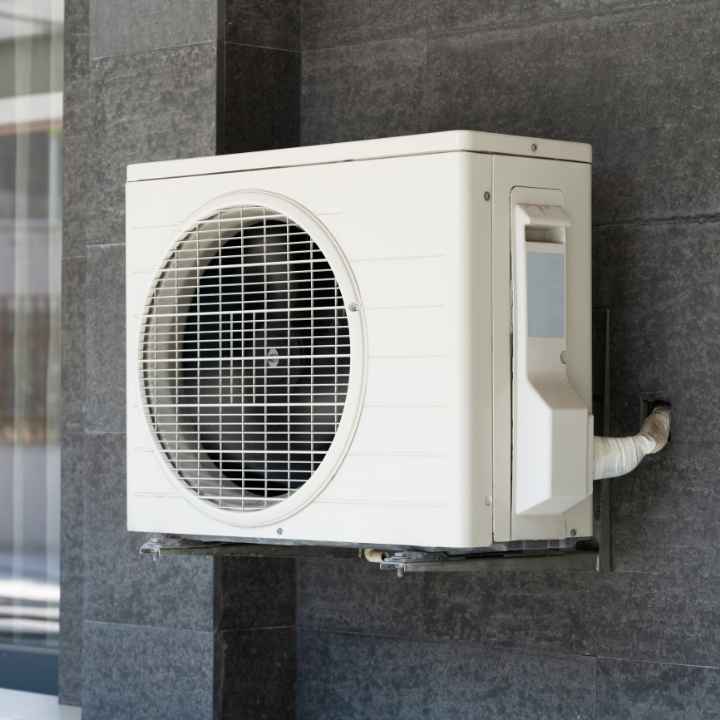
Why Is My Heat Pump Freezing Up?
Read More

How to Improve Heating Efficiency in Dallas
Read More
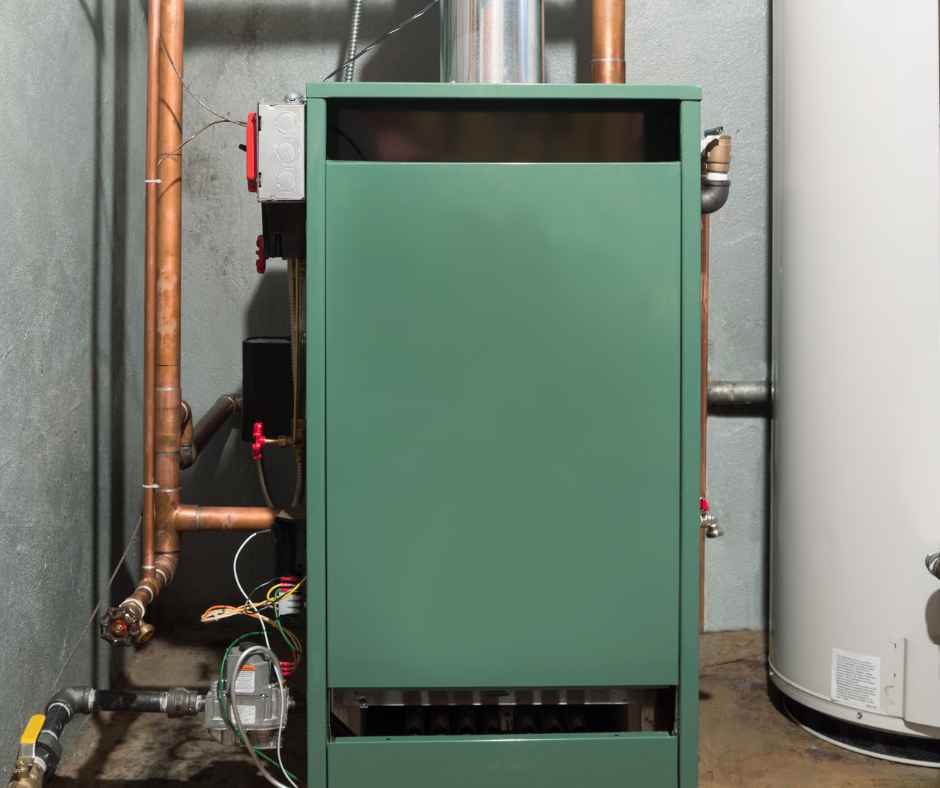
Is a Heat Pump or Furnace Better for Dallas? A Homeowner’s Guide
Read More
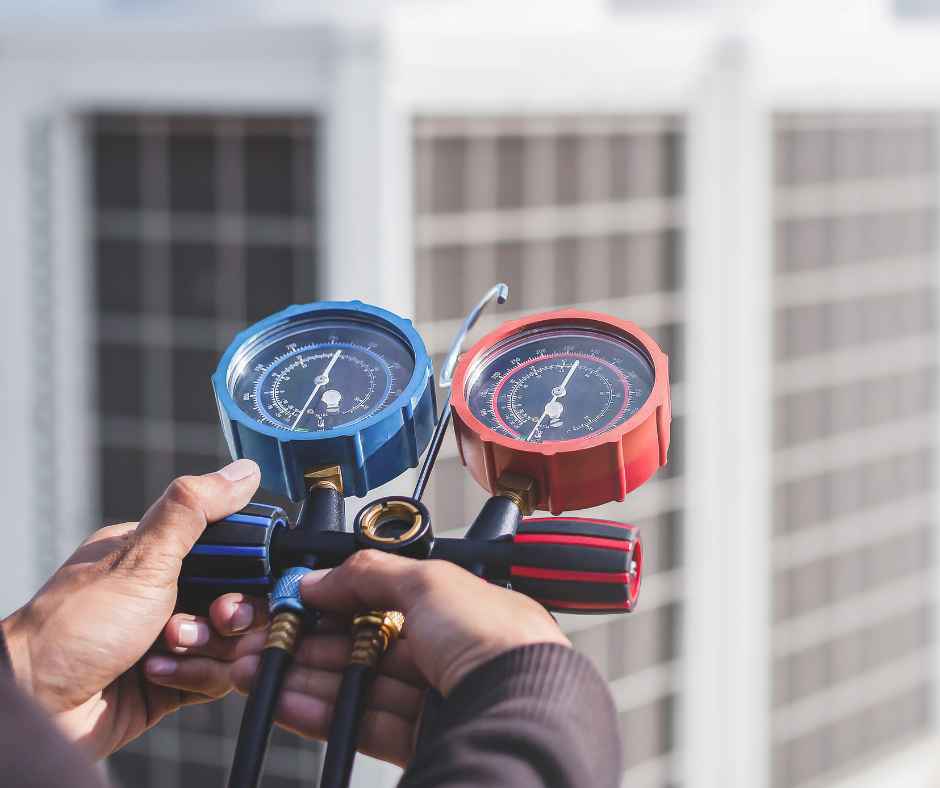
How Many BTU Do I Need?
Read More

Preparing Your Dallas Home for Winter: Essential HVAC Maintenance Tips
Read More
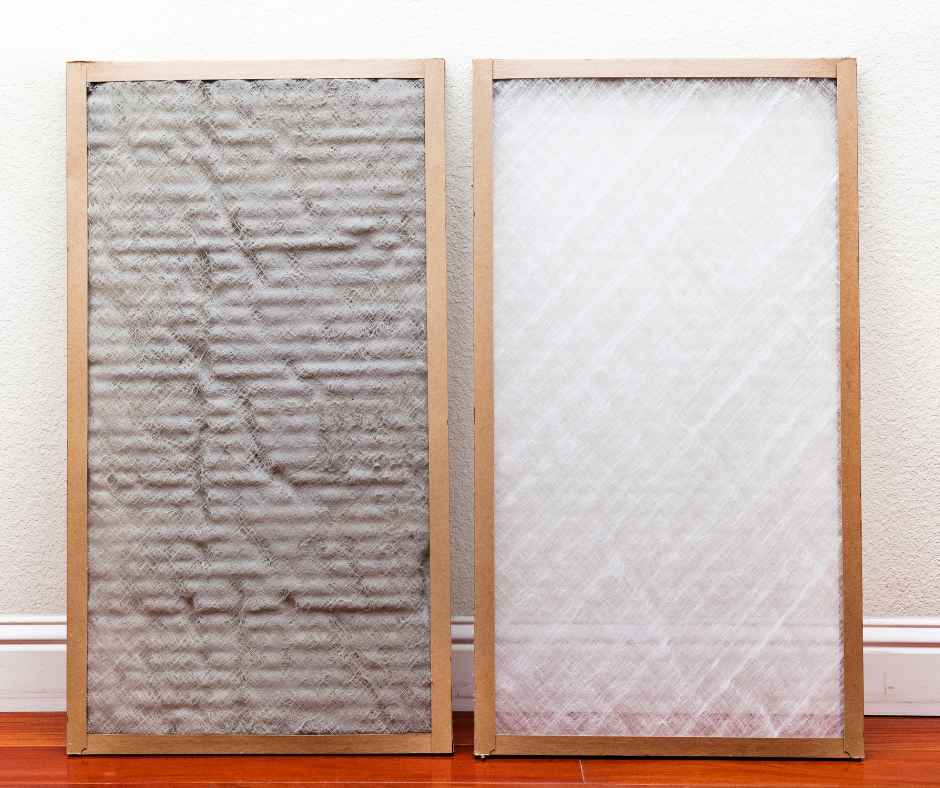
What MERV Rating Should I Use?
Read More
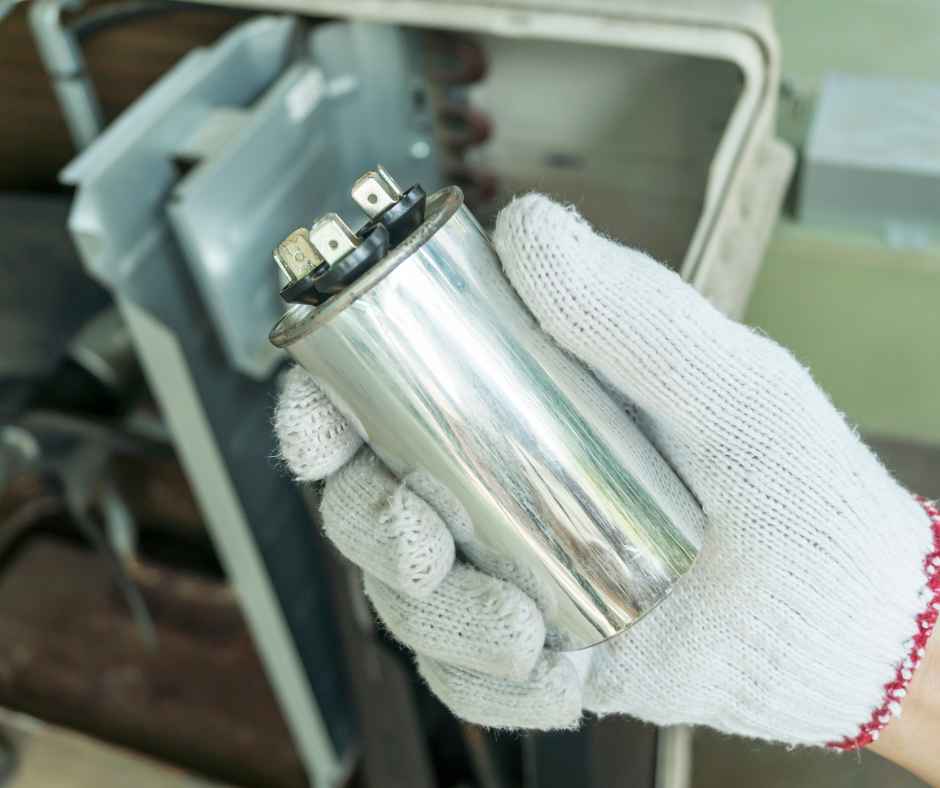
What Does a Capacitor Do?
Read More
